Search
Search Results
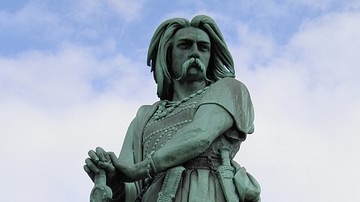
Definition
Vercingetorix
Vercingetorix (82-46 BCE) was a Gallic chieftain who rallied the tribes of Gaul (modern-day France) to repel the Roman invasion of Julius Caesar in 52 BCE. His name means "Victor of a Hundred Battles" and was not his birth name but a title...
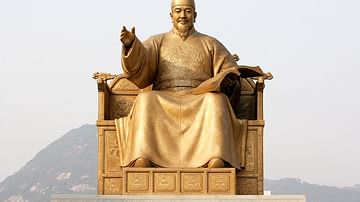
Definition
Sejong the Great
King Sejong the Great (15 May 1397 to 8 April 1450 CE) ruled Korea from 1418 to 1450 CE as the fourth king of the Joseon Dynasty (also spelled Choson). One of only two Korean kings called 'the Great' today, Sejong had a major impact on Korea...

Definition
Roman Siege Warfare
In ancient warfare open battles were the preferred mode of meeting the enemy, but sometimes, when defenders took a stand within their well-fortified city or military camp, siege warfare became a necessity, despite its high expense in money...
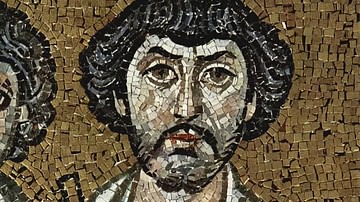
Definition
Belisarius
Flavius Belisarius (l. 505-565 CE) was born in Illyria (the western part of the Balkan Peninsula) to poor parents and rose to become one of the greatest generals, if not the greatest, of the Byzantine Empire. Belisarius is listed among the...

Definition
Stirling Castle
Stirling Castle, located on a strategically important rocky outcrop by the River Forth in central Scotland, was a key royal residence from the late 11th century into the early modern period and subject to many battles and sieges, particularly...
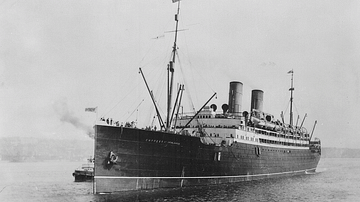
Definition
RMS Empress of Ireland
The RMS Empress of Ireland was a transatlantic passenger ship that sank early in the morning of 29 May 1914 on the St. Lawrence River killing 1,012 of the 1,477 people on board. It is considered Canada’s worst maritime disaster and one of...
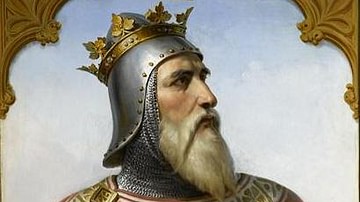
Definition
Robert Guiscard
Robert Guiscard (1015-1085) was a Norman knight best known for conquering much of Southern Italy and Sicily during the 11th century. His many exploits include the expulsion of the Byzantines from Italy, support of a reformist papacy, and...
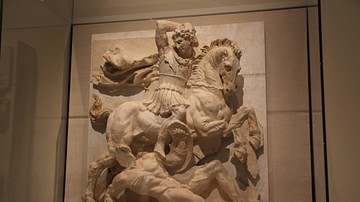
Definition
Hellenistic Warfare
When Alexander the Great died in 323 BCE, he left behind an empire devoid of leadership. Without a named successor or heir, the old commanders simply divided the kingdom among themselves. For the next three decades, they fought a lengthy...

Definition
Antonín Dvořák
Antonín Dvořák (1841-1904) was a Czech composer best known for his symphonies, symphonic poems, operas, and chamber music. Dvořák's best-loved works include his 9th Symphony (From The New World), the American quartet, and his Slavonic Dances...

Definition
Parthian Art
Parthian art flourished within the Eurasian cultural corridor from the late hundreds BCE to the early 1st and 2nd centuries CE. With the Parthian Empire (247 BCE - 224 CE) stretching from India and China in the east to the Mediterranean shores...